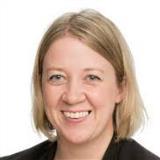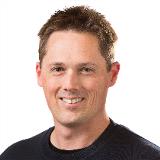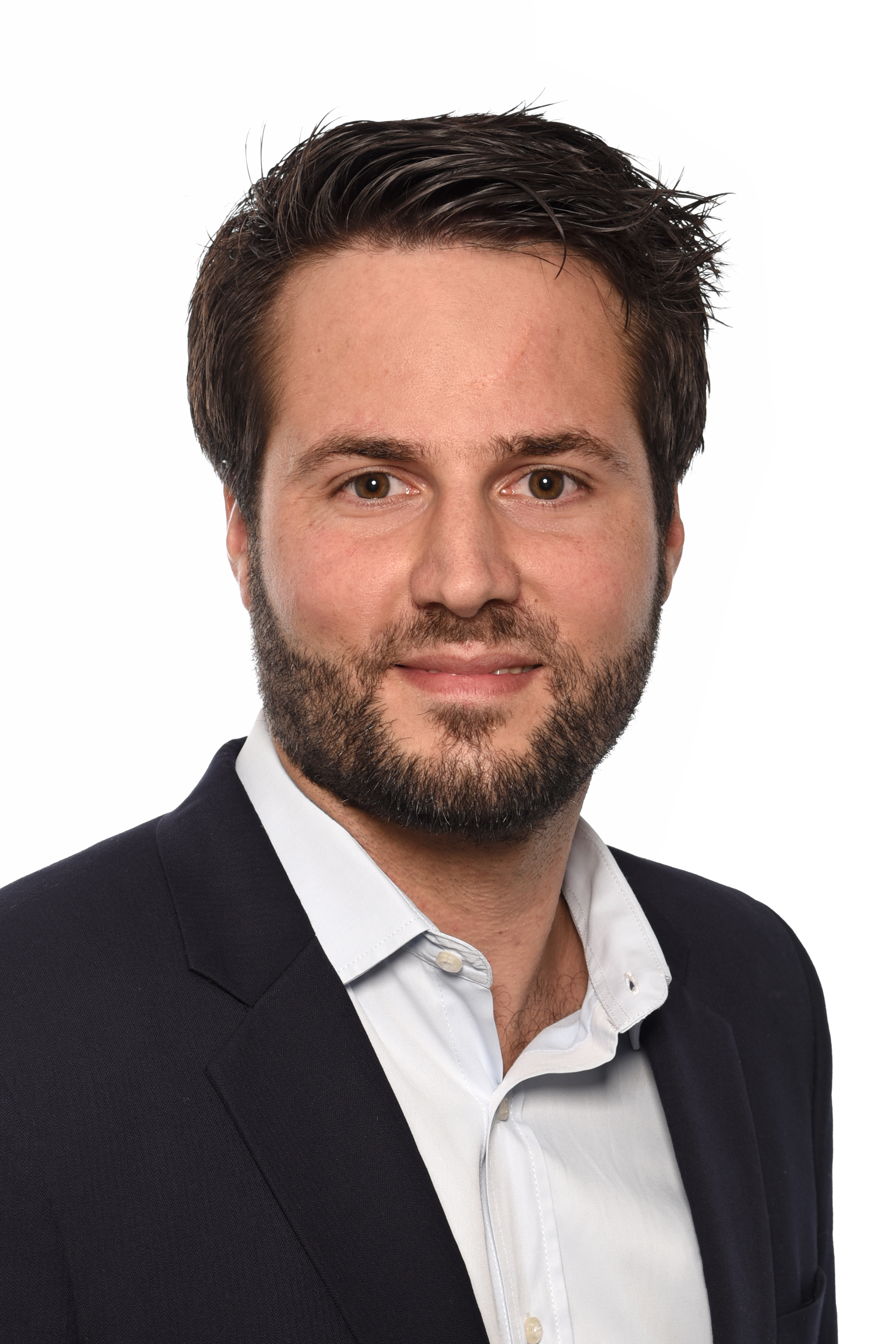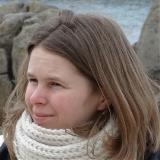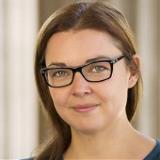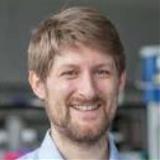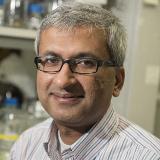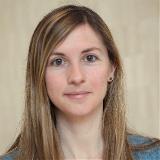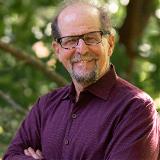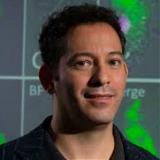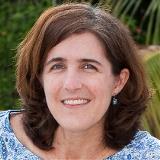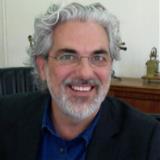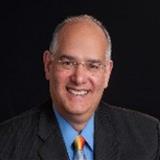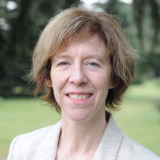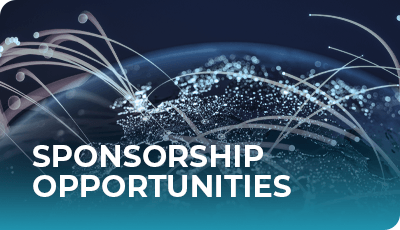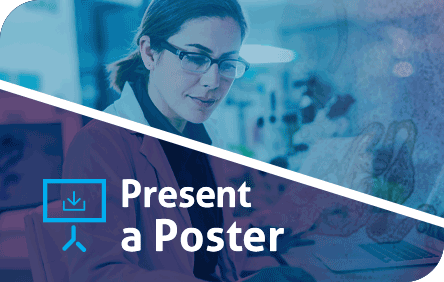Targeting Stromal Cells in Cancer and Inflammatory Diseases
Scientific Breakthroughs and Novel Therapeutic Approaches
April 21 - 22, 2021 ALL TIMES EDT
Stromal cells are key structural cells that construct tissue microenvironments, regulate tissue repair and provide critical growth and differentiation factors. Stromal cells are now recognized as central regulators of immune responses in lymphoid organs and in inflamed tissues. Targeting of stromal cells thus holds great promise for improving human health. The field of stromal cell research has gained substantial traction towards clinical application through the dissection of fundamental processes underpinning stromal cell function and the description of stromal cell heterogeneity in patients. This meeting will highlight cutting-edge science and provide insight into recent developments towards therapeutic stromal cell targeting in cancer and chronic inflammatory diseases.
Wednesday, April 21
Stromal-Immune Cell Interaction in Lymphoid Tissues: Guidance and Control
Advisory Board Opening Remarks
Fibroblastic Reticular Cells in Lymphoid Organs
Fibroblastic reticular cells (FRCs) have been viewed as structural cells that support distinct compartments within lymphoid tissues and little more. Instead, an active FRC-immune cells cross-talk drives the maturation of lymphoid niches, a relationship that is recapitulated during lymphorganogenesis, steady-state conditions and following inflammation. In my presentation, I will discuss recent advances in genetic models and high-resolution transcriptomic analyses that have propelled the finer resolution of the FRC landscape.
 10:00 amEstablishing Advanced ex-vivo Stromal Models using the 3DProSeed™ Hydrogel Platform
10:00 amEstablishing Advanced ex-vivo Stromal Models using the 3DProSeed™ Hydrogel PlatformThe 3DProSeed hydrogel plate is the ideal tool to study tumor-stroma interactions in vitro. Here we present the technology and provide examples of the simple establishment of in vitro 3D stromal models using MSCs, RFCs, ECs and immune cells for subsequent co-culture with tumor cells. The synthetic nature of the hydrogels gives the highest control over the culture conditions and enables the study of endogenously secreted ECM and stromal factors.
With Speakers of the Session
Stromal Cell-Driven Tissue Immunity: Origin and Identity
Reprograming of Pulmonary Fibroblastic Niches to Support Protective CD8+ T Cell Responses
Ad vectors are a versatile vaccine platform that facilitated the rapid clinical implementation of vaccine designs during the Sars-CoV-2 pandemic. Ad virus vectors allow for long-term antigen deposition, leading to sustained expansion of inflating memory CD8+ T cells. However, the tissue factors responsible for the maintenance of this long-lived memory CD8+ T cell population remain elusive. Here, we reveal that Ad vector immunization reprograms lung fibroblasts leading to the formation of immune niches that support the protective function of inflationary memory T cells in an IL-33-dependent manner.
How Stromal Cells Organise the Capture of Peritoneal Contaminants by Fat-Associated Lymphoid Clusters of the Omentum
Visceral adipose tissues play a critical role in the filtration and immune surveillance of serous cavities. The surface of these tissues supports the development of fat-associated lymphoid clusters (FALCs) which mediate the capture of contaminants present in the serous cavities and the activation of innate-like B cells. Here we will discuss the origin and function of FALC stromal cells.
Stroma-Macrophage Two Cell Circuits
Macrophages sustain tissue homeostasis within the body through trophic, regulatory and repair functions. Macrophage homeostasis is locally regulated by “niches." Although this concept has recently found great appreciation in the field, the very nature of these niches and the molecular dialog they establish with macrophages in vivo remains elusive. Here, I will discuss the role of stromal cells as macrophage niches.
Kinetics and Mechanics of Lymphoid Tissue Remodelling
Lymph nodes provide the infrastructure for adaptive immune responses. The fibroblastic reticular cell (FRC) network balances and adapts to changing mechanical strain during lymph node expansion. We image live lymph node tissue to determine the mechanical state of the FRC network through tissue remodelling. We characterise the cell intrinsic mechanical properties of FRCs and demonstrate how tension through the FRC network is modulated by actomyosin contractile forces within the FRCs.
With Speakers of the Session
Stromal Cells in the Tumor Microenvironment: Function and Topology
Stromal Cell Niches in Solid Tumors
Fibroblasts, custodians of tissue architecture and function are no longer considered a monolithic entity across tissues and disease indications. While pre-treatment cancer-associated fibroblast (CAF) heterogeneity has been well-appreciated and characterized, we currently start building an understanding of how drug perturbations impact CAF activation states in vivo. Using an animal model of immune excluded tumors, we characterize the evolving landscape of CAF expression phenotypes under treatment and map their network of interactions with immune cells in the TME from single-cell data.
Highly Multiplexed Imaging of Fibroblasts in Tumors by Imaging Mass Cytometry
Cancer is a tissue disease where heterogeneous tumor cells, stromal cells and immune cells form a dynamic ecosystem that evolves to support tumor expansion and ultimately tumor spread. Here we show how we utilize imaging mass cytometry to comprehensively image fibroblast subtypes and their immune environment in various cancer types.
Structural Cells Are Key Regulators of Organ-Specific Immune Responses
Immune functions are not unique to haematopoietic cells, and many other cell types display basic mechanisms of pathogen defence. To advance our understanding of immunology outside the haematopoietic system, we characterized structural cells (endothelium, epithelium, fibroblasts) across twelve organs in mice, revealing complex immune gene activity and regulation in these cells. Moreover, we identified an epigenetically encoded immune potential in structural cells under tissue homeostasis, which was activated in response to systemic viral infection.
Targeting Stromal BCAT1 Reduces Branched-Chain Ketoacid Dependency in Stromal-Rich PDAC Tumors
Branched chain amino acids (BCAAs) in cancer serve as requisite precursors for biosynthesis in cells. Our recent study revealed differential BCAA metabolism in cancer and stromal compartments of PDAC tumors. We identified a strikingly higher BCAA catabolic flux in CAFs but increased BCKA oxidative flux in cancer cells. Further, CAF-secreted BCKAs were used for maintaining protein synthesis, augmenting TCA cycle metabolite pools, and increasing oxidative phosphorylation in cancer cells.
Hot Buttons
Looking to meet fellow attendees and have meaningful conversations – just as you would at an in- person event? This is the perfect way to achieve just that. Get to know your fellow attendees by joining this interactive networking event. To participate, each participant will enter our networking room where they will be able to interact with fellow attendees as groups or 1 on 1. You’ll be able to move around the room and meet fellow attendees bonding around shared interests, relevant topics and solutions. Maximize your networking at the meeting and join in.
Thursday, April 22
Stromal Cells in the Tumor Microenvironment: Targets and Treatments
Transcriptomic And Topological Analysis Of Human Lung Tumors Identifies 2 Types Of Boundary Cancer-Associated Fibroblasts (CAF) Associated With T Cell Exclusion
The relative success of immunotherapies in Non-small Cell Lung Carcinoma (NSCLC) motivates further characterization of the entire tumor microenvironment. Here we used single-cell RNA sequencing analysis coupled with histology on a large cohort of NSCLC patients to elucidate the inter-patient and intra-lesion heterogeneity of the cancer-associated fibroblast (CAF) compartment and its relevance to the immune landscape.
Fibroblast Dynamics in Cancer
Despite the increasing interest in targeting stromal elements of the tumor microenvironment, we still face tremendous challenges in developing adequate therapeutics to modify the tumor stromal landscape. A major obstacle to this is our poor appreciation of the phenotypic and functional heterogeneity of stromal cells in tumors. Understanding the plasticity of stromal cells is of the upmost importance to identify pathways and molecules to program CAF composition for cancer therapy.
Cross-Tissue Organization of the Fibroblast Lineage
We integrated single-cell RNA transcriptomic data from ~220,000 fibroblast cells from mouse organs. These data revealed two universal fibroblast cell subtypes in all tissues, 8 specialized subtypes in steady-state tissues and 4 activated fibroblast subtypes in perturbed tissues. Analysis of human samples revealed fibroblast subtypes found in mice are conserved between species. In sum, our study reveals key organizing principles of the fibroblast lineage in health and disease.
Use of Multi-Omic and Machine Learning Approaches for Discovery of Novel Targets of Cancer-Associated Fibroblasts
Cancer-associated fibroblasts (CAFs) are not only physical barriers but have the ability to modulate anti-tumor immune responses. We use a combination of machine learning, tools, multi-omics and novel cellular assays to deconvolute complex systems more representative of the tumor microenvironment. This approach has been exemplified by the identification of novel targets that are now being moved towards preclinical validation.
With Speakers of the Session
Stromal Cells in Chronic Inflammatory Diseases: Repair and Regeneration
Scars or Regeneration? Dermal Fibroblasts as Drivers of Diverse Skin Wound Response
Rigid anatomies emerge through the ordered self-organization of cells and extracellular matrix. These anatomies emerge during embryonic development but also materialize during wound-repair and regeneration, wherein new rigid frames are recreated at sites of injury in order to maintain structural and mechanical continuums. I will discuss recent findings on heterogeneous fibroblasts and novel mechanisms of wound repair and regeneration.
Activin-Mediated Stromal Cell Activation Controls Wound Healing and Cancer Development
There are remarkable cellular parallels between tissue repair and cancer, including migration and proliferation of fibroblasts. Transcriptional profiling of wound and tumor fibroblasts showed overexpression of activin A and its downstream targets in both conditions. This promoted wound repair, but also tumor formation through immune cell alterations and reprogramming of fibroblasts. This example highlights the role of fibroblasts in tissue repair and cancer and the molecular parallels between both conditions.
Unlocking the Cellular Basis of Arthritis Reveals Fibroblasts as Attractive Therapeutic Targets
In this presentation, I will describe the interrelationships between synovial fibroblast subsets in the synovium and observe how selective deletion of these subsets or changes in their biology alter the balance between persistent inflammation and tissue damage during the development of arthritis. Next I will elucidate the functional relationships between alterations in fibroblast subsets and disease outcome during the development of human rheumatoid arthritis. Finally, I will speculate on how drug discovery and clinical trials targeting fibroblasts in patients with IMIDs might be accelerated by advances in our understanding of the Human Cell Atlas (HCA); an international consortium established to construct a map of the different cell types involved in forming all human organs. The aim of the HCA is to provide scientists with a “medical periodic table” analogous to the “chemical periodic table." This will allow the medical community to design better drugs by having access to a “google map” level definition of human tissue and move towards an understanding of the cellular basis of disease.
Adding Insult to Injury – Inflammation at the Heart of Cardiac Fibrosis
This seminar will discuss evidence from experimental animal models demonstrating a causal role for T cells, primarily IFNy secreting Th1 cells infiltrated in the heart, in promoting cardiac fibrosis and cardiac dysfunction, two hallmarks of heart failure. Novel mechanistic insights in the T cell-cardiac fibroblast crosstalk will be discussed as possible targets to therapeutically ameliorate cardiac dysfunction and fibrosis.
With Speakers of the Session
Stromal Cells in Chronic Inflammatory Diseases: Transfer and Translation
Single-Cell Stromal Atlas Identifies Conserved Fibroblast Phenotypes in Inflamed Tissues
Pro-inflammatory fibroblasts have been implicated in the pathogenesis of multiple chronic inflammatory diseases and represent a novel therapeutic target. In this academia-industry collaboration, we profiled patient-derived stromal cells from inflamed and non-inflamed lung, salivary gland, synovium, and intestine with single-cell RNA sequencing. The resulting multi-tissue fibroblast atlas reveals shared pathogenic activation states and can be used as a basis for drug discovery as illustrated for inflammatory bowel disease.
Future Directions





